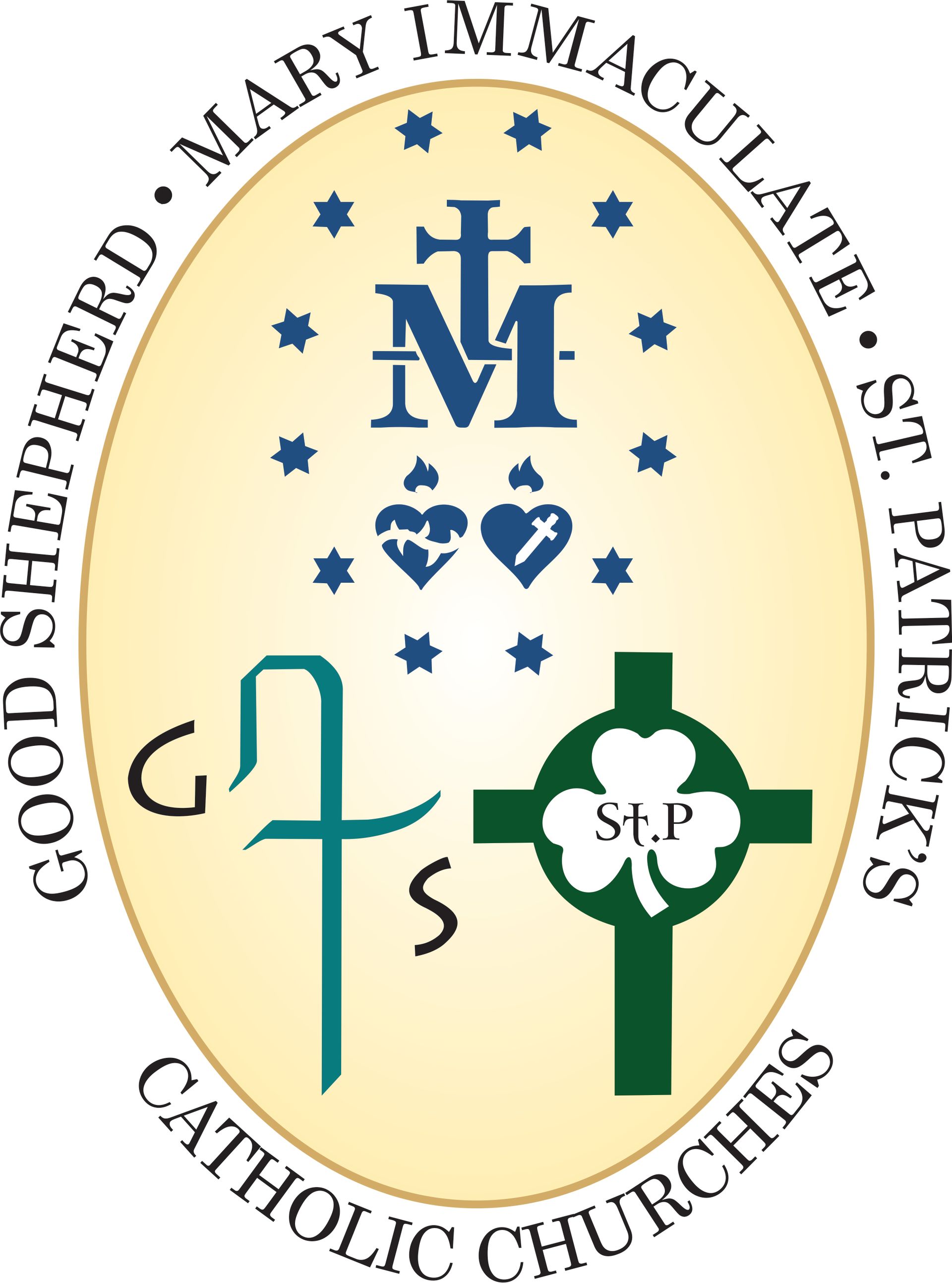How to live like saints in a secular age
More regularly, there is a monthly family Holy Hour where the children sit before the altar with one of the school’s Dominican sisters. Worship music is played in the background (this time, for my daughter, by Mom), and the children learn to pray with the sister’s accompaniment and witness. Each time, I feel I’m able to peer directly into the Gospels and see Jesus among his beloved children. You can sense that Christ — ever ancient, ever new — moves with the same mercy and power in our own nondescript corner of the world as he did in the rural villages of Galilee so many years ago.
My daughter goes to a Catholic elementary school with a robust religious life. Catholic identity here is more than just tenets of belief. It’s gritty. It’s multi-sensory.
This past May, she and I spent an evening picking out flowers together for a school-wide May crowning ceremony. I look forward to it every year because of the ways in which it draws together heaven and earth: The gentle perfume of our grocery store carnation commingles with gratitude and reverence for the Blessed Mother’s heavenly care for us. Here, a $5 flower becomes an invitation to the mystery of the Incarnation.
Questions of a child
This gritty and imaginative formation in the Faith is deeply Catholic. But the school doesn’t exist on an island. As my daughter has encountered and grown in the Faith, I’ve noticed her beginning to compare her experience with those of her friends and family, especially those who go to public schools. For her, public schools are like Catholic schools without religion. But since religion is so immersive in her education, she has trouble conceptualizing what that can mean. If schools can be “Catholic” or “public,” she’ll often ask the same about people: “Is my friend, Mary, Catholic or public?” She also once asked if the Olive Garden was Catholic or public as we arrived for butter noodles and breadsticks. We, of course, help her make the necessary distinctions, but it’s clear she’s trying to understand the landscape of the environment she inhabits.
This experience of faith formation being joined inseparably by an encounter with rival beliefs about God has become commonplace for nearly all of us.
While her experience of the Faith is transcendent, the context of her belief is a world where many don’t think and act and believe the same, particularly about God and the ways in which his transcendence shapes our daily lives. Many of the people she sees daily — family, neighbors, friends — believe differently, often in no God. This causes some sort of confusion that needs to be sorted out that makes her ask questions about her own faith: Why don’t they believe what I believe? Why don’t they go to Church on Sundays? Why don’t they believe in God? Why do we? If you hold still before these questions, they’re not easy to answer, especially for a child. The context creates a sort of self-consciousness in her faith; it can make it seem fragile.
This experience of faith formation being joined inseparably by an encounter with rival beliefs about God has become commonplace for nearly all of us. Your experience may not seem as pristine as a child’s, but, arriving at our theme, this sort of experience is a good entry point to understanding what is meant by the word “secular” or “secularity.” This is the experience of having faith in a secular age.
This article comes to you from Our Sunday Visitor courtesy of your parish or diocese.







